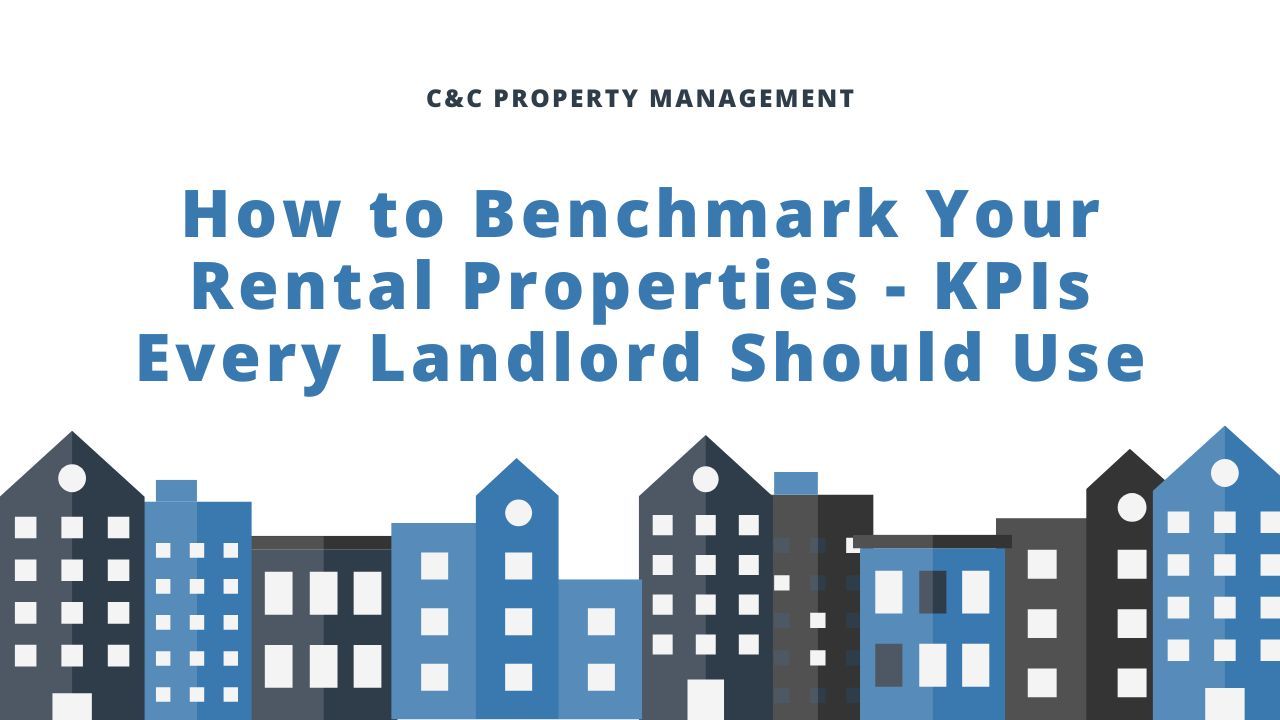Renter's Insurance Questions
Renter's Insurance? What do you need to know?
In the state of California, renters insurance is not required by law, however, some landlords may require it for you to live in their building or home.
As a property
management company, we highly recommend renters insurance. Renters' insurance typically includes three types of coverage, Personal property, liability, and additional living expenses.
The following are covered by renters’ insurance:
-Theft/Vandalism
-Fire
-Water damage from things like burst pipes
Think of renters insurance as another form of security. The landlord will not be responsible for any damages caused to your property in the events previously listed. Their insurance protects them and their property, and the renters’ insurance will protect you and yours.
Landlord insurance applies for any rental property ( single or multi-family) and is
absolutely worth it as an investor.
Landlord insurance will cover any loss that may occur to their rental property, such as fire, flood, or severe weather.
For those dog lovers, did you know renters insurance covers dog bites? Yes, it does, but not all policies cover the hundreds of breeds out there. Most dog breeds that are covered will be under the renters' insurance liability protection. The following breeds are excluded from liability coverage.
Breeds commonly excluded from liability coverage
Akitas
Great Danes
American Bulldogs
Alaskan Malamutes
Pit Bulls
Beaucerons
Chow Chows
Presa Canarios
Keeshonds
Doberman Pinschers
Rottweilers
Mastiffs
German Shepherds
Siberian Huskies
Belgian Malinois
Staffordshire Terriers
Wolf-Hybrids
Rhodesian Ridgebacks
If you are interested in moving to a new location, or potentially adopting a four-legged friend be sure to look into renters insurance and see if your property requires it. For more information, please contact our team.








